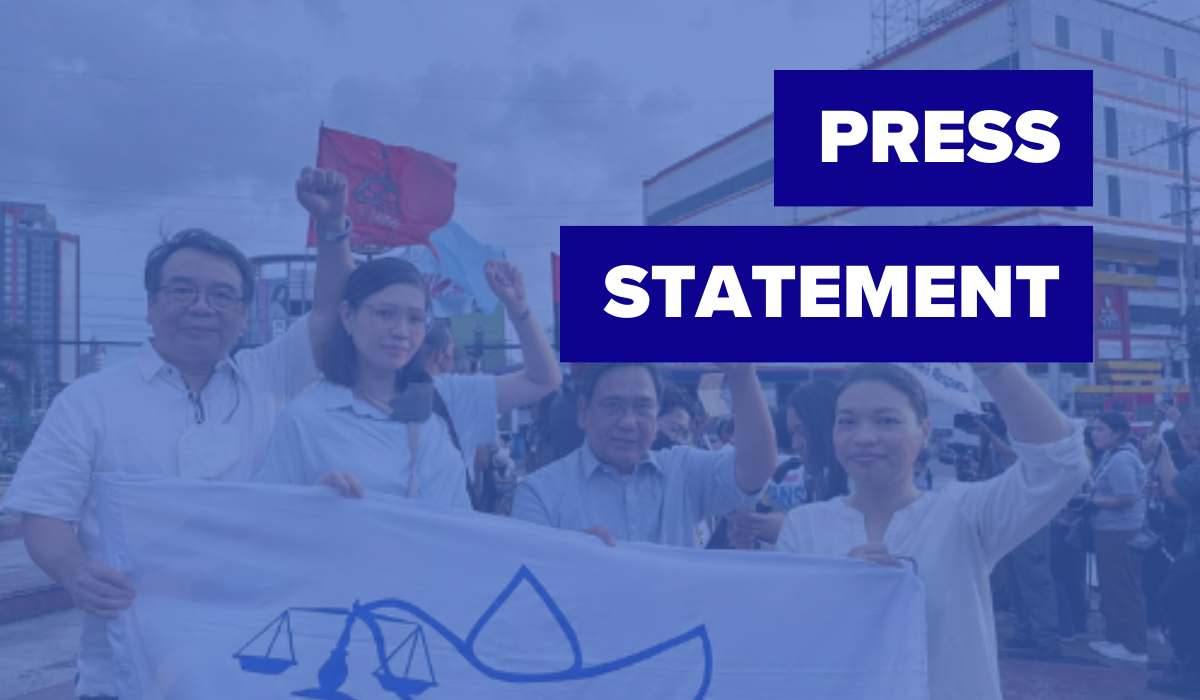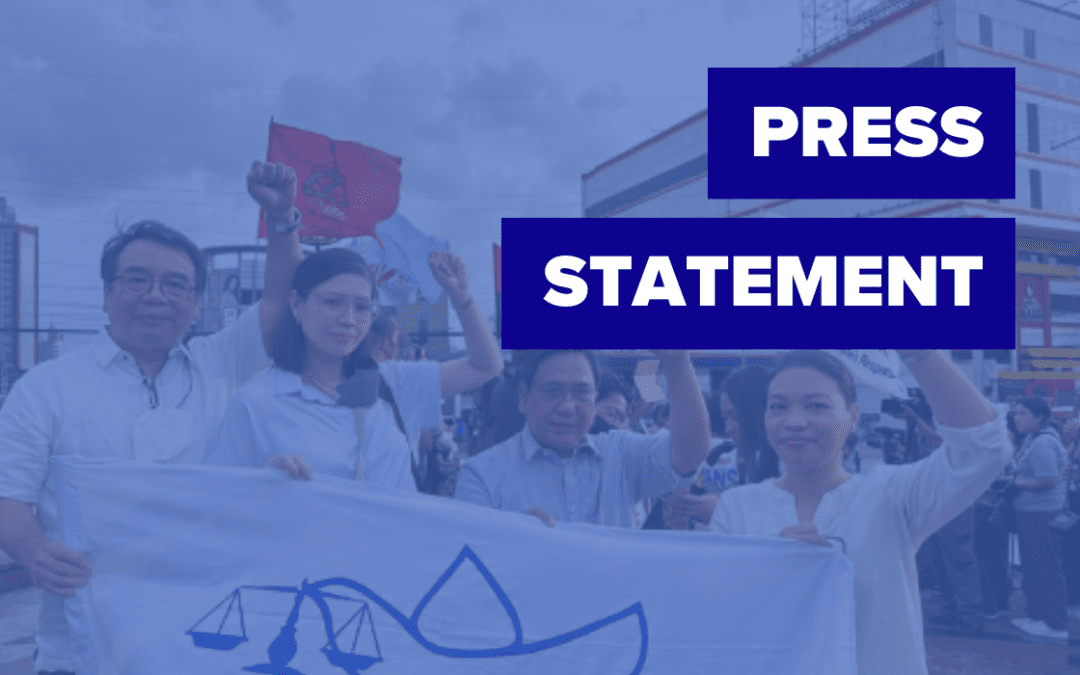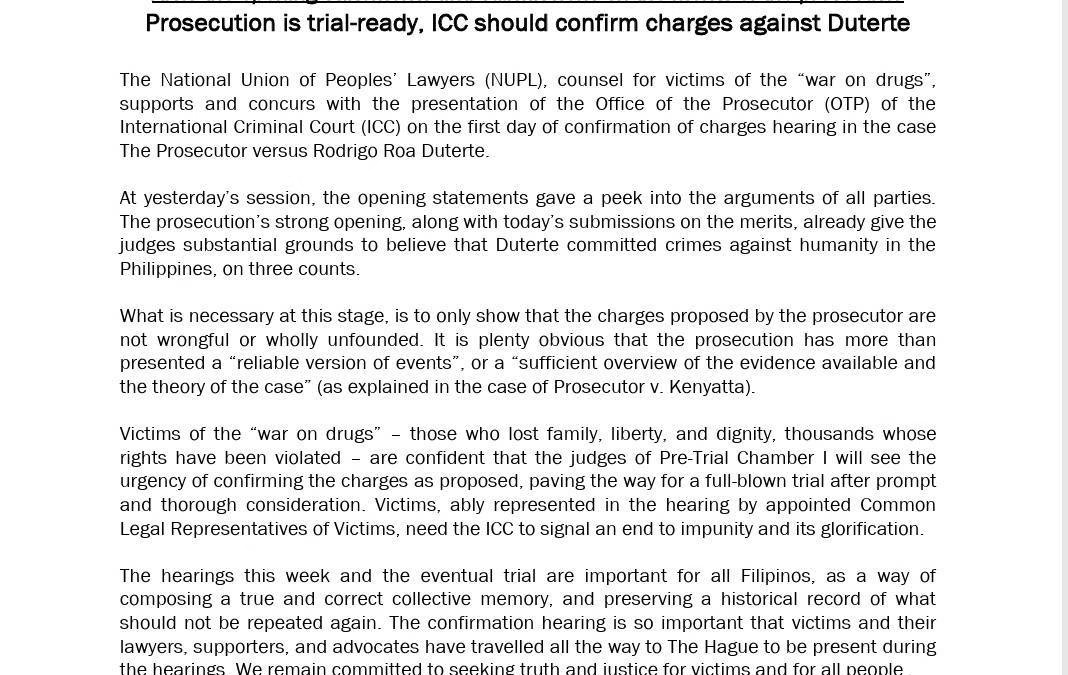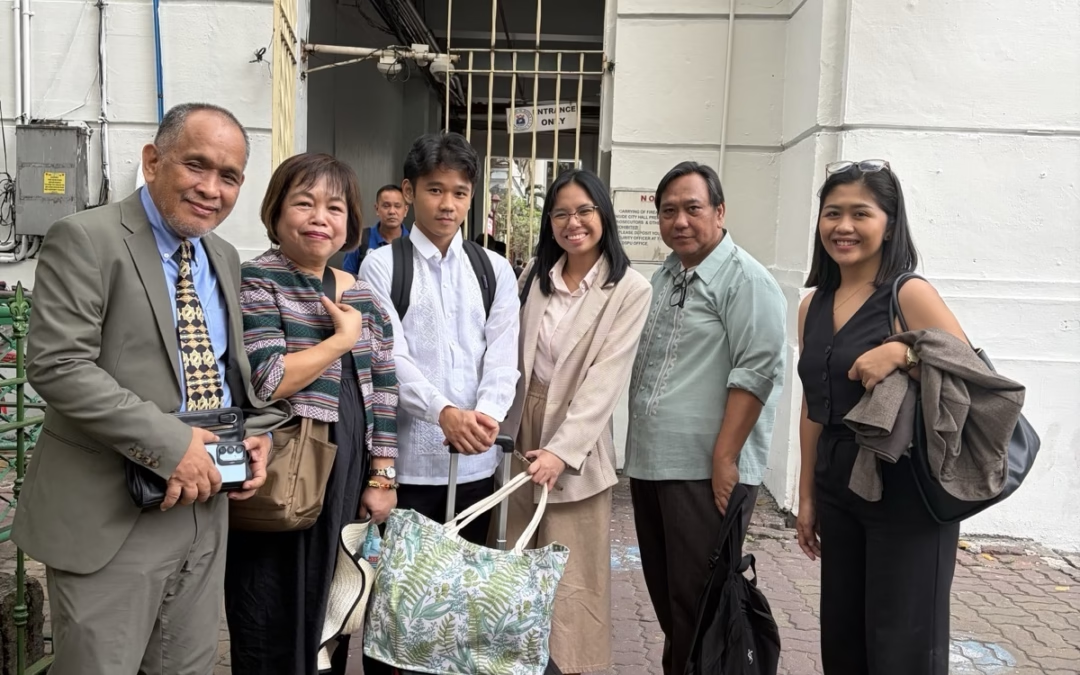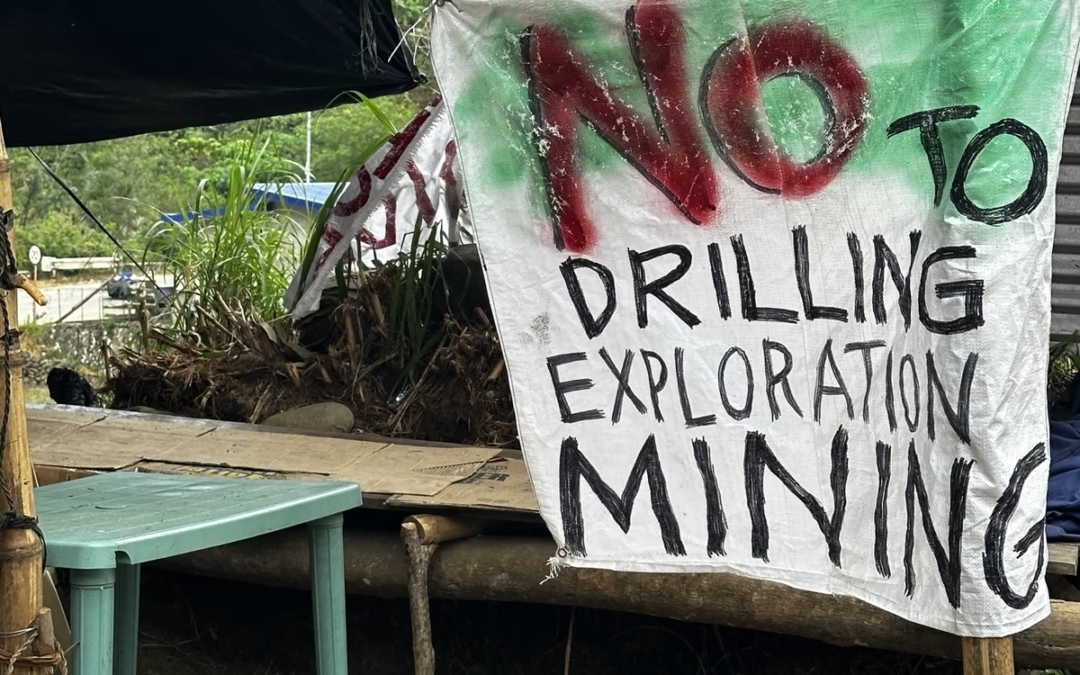November 18, 2025
Contrary to Secretary Jonvic Remulla’s claim, a public call for the resignation of President Marcos Jr., especially in the face of unresolved allegations of large scale corruption, is not sedition. It is a constitutionally protected act of political expression. Any attempt to label such speech as criminal ignores both the text of the Constitution and the long line of jurisprudence that has defended the Filipino people’s right to speak, assemble, and demand accountability.
The Constitution is unambiguous. It shields citizens who criticize government and who gather peacefully to seek redress. The Supreme Court has repeatedly affirmed that freedom of expression occupies an exalted place in our democratic order because it sustains every other right. In Reyes v. Bagatsing (1983), the Court reminded government that these freedoms are fundamental to democratic life. Earlier, in Primicias v. Fugoso (1948), it stressed that fear of disruption is never enough to justify the suppression of public speech. Only a clear and present danger of a substantive evil can permit any restriction, and even then the burden lies squarely on the State.
There is no such danger here. The public demand for the resignation of a president accused of tolerating or enabling anomalous infrastructure projects is a legitimate expression of indignation in response to the State’s own failure to investigate, much less prosecute, the officials responsible for the misuse of public funds. These calls reflect a public that refuses to accept silence as complicity.
Secretary Remulla’s warning, delivered from the vantage point of a Cabinet post, signals the government’s intent to further chill dissent rather than confront the issues raised. Instead of ensuring the protection of civil liberties, it threatens those who exercise them. The selective prosecution of protesters arrested during the September 21 Baha sa Luneta mobilization, contrasted with the absence of any indictment for the corruption in question, lays bare this double standard.
The words of the Court in Primicias bear heeding. Those who fought for independence did not exalt order at the cost of liberty. The Filipino people have confronted authoritarian power before, most decisively in 1986 when they removed a dictator who believed himself invulnerable. They know too well the dangers of unchecked authority and the steep cost of silence.
The recent statements from the DILG foreshadow more aggressive attempts to restrict public assembly ahead of the Baha sa Luneta 2.0 mobilization on November 30, where thousands are expected to gather once again to press for accountability. If the pattern holds, the State may again resort to brutality and violations of basic rights in an effort to suppress protected acts of discontent and dissent.
But history also teaches another lesson. The Filipino people, as they have before, will rise to assert their rights, refusing to allow intimidation to eclipse their just demands. They defend their freedoms not for spectacle or disorder but out of an unyielding understanding that no democratic institution can endure without them. ###
